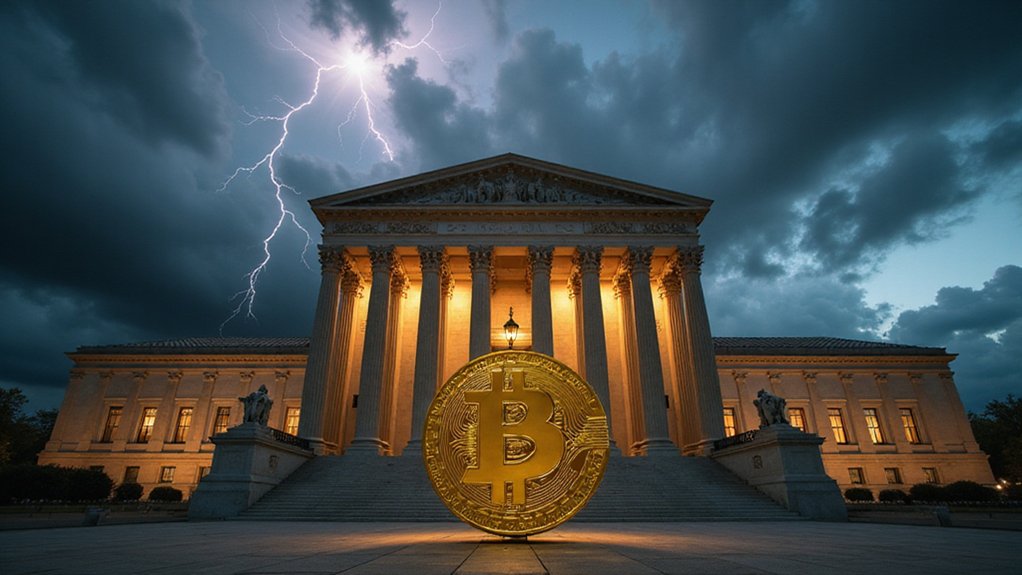The specter of quantum computing has emerged as cryptocurrency’s latest existential boogeyman, with doomsday scenarios proliferating across forums and investment circles about sophisticated machines capable of cracking Bitcoin’s cryptographic foundations like a digital safe with a paperclip lock. Yet Michael Saylor, MicroStrategy’s Bitcoin evangelist, approaches these quantum catastrophe predictions with the enthusiasm of someone watching paint dry on a particularly humid day.
Saylor’s dismissive stance rests on several pillars of pragmatic reasoning that quantum alarmists conveniently sidestep. The Bitcoin protocol undergoes annual upgrades—a fact that seems perpetually lost on those prophesying imminent cryptographic apocalypse. These software updates provide ample opportunity to implement quantum-resistant measures long before any hypothetical quantum computer poses genuine threats to network security.
More compelling is Saylor’s observation about institutional incentives surrounding quantum development. Major technology companies like Google and Microsoft, along with government entities and banking systems, would hardly champion quantum computing capabilities that simultaneously demolish their own security infrastructure. The notion that these organizations would enthusiastically develop tools to undermine global financial systems borders on the absurd—corporate self-preservation typically trumps technological braggadocio.
Major tech giants and banks wouldn’t eagerly build quantum computers designed to obliterate their own security systems—corporate self-preservation prevails.
Saylor suggests that quantum threat hysteria serves primarily as marketing ammunition for promoters of new “quantum-resistant” tokens, exploiting investor anxiety to drive speculative interest. This cynical assessment gains credibility when considering the cryptocurrency industry’s well-documented propensity for manufacturing crises that coincidentally require purchasing specific solutions.
The Bitcoin community’s demonstrated adaptability provides additional reassurance. Protocol modifications can address quantum vulnerabilities through consensus mechanisms already embedded within the network’s governance structure. Rather than representing an insurmountable challenge, quantum computing threats fall into the category of manageable risks requiring proactive attention rather than panic-induced portfolio reshuffling.
Ironically, Saylor notes that phishing attacks currently pose more immediate security threats to Bitcoin holders than quantum computing—a sobering reminder that today’s digital pickpockets armed with convincing emails present greater dangers than tomorrow’s theoretical quantum supercomputers. Bitcoin’s current security model relies heavily on the Proof of Work consensus mechanism, which involves miners solving complex mathematical puzzles to validate transactions and maintain the network’s integrity. While quantum computing deserves monitoring and preparation, the cryptocurrency industry’s capacity for adaptation suggests that reports of Bitcoin’s quantum-induced demise have been greatly exaggerated, much like previous predictions of its inevitable collapse.









